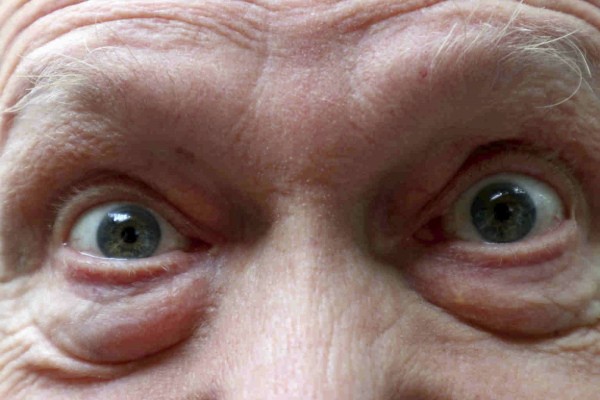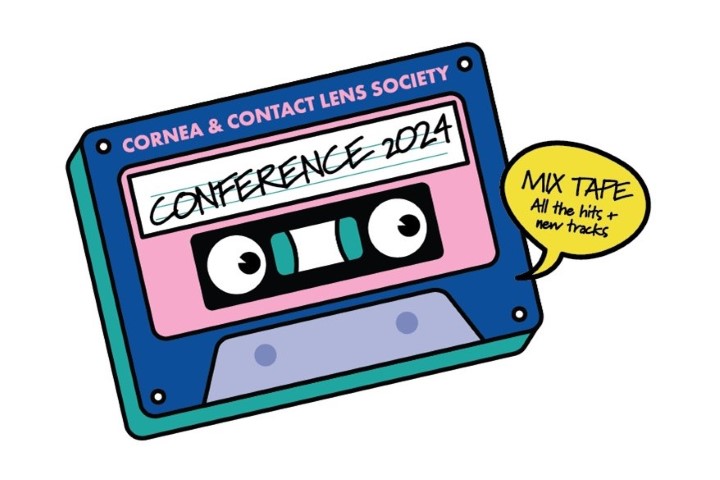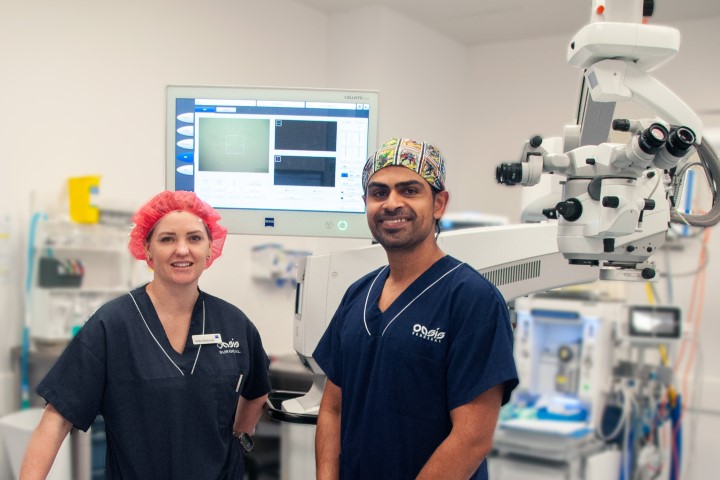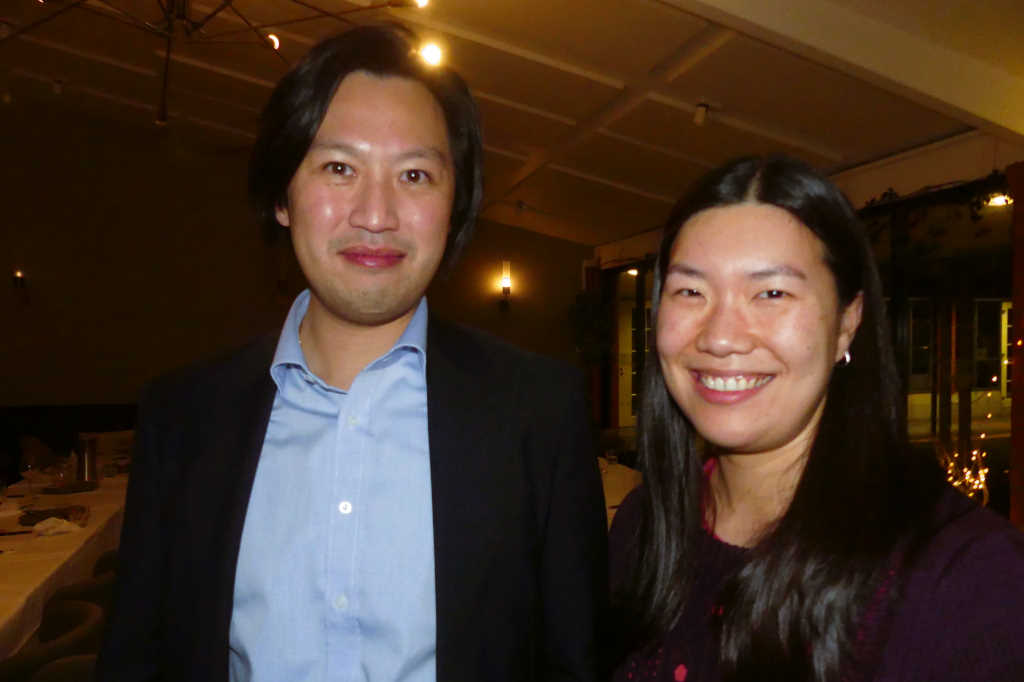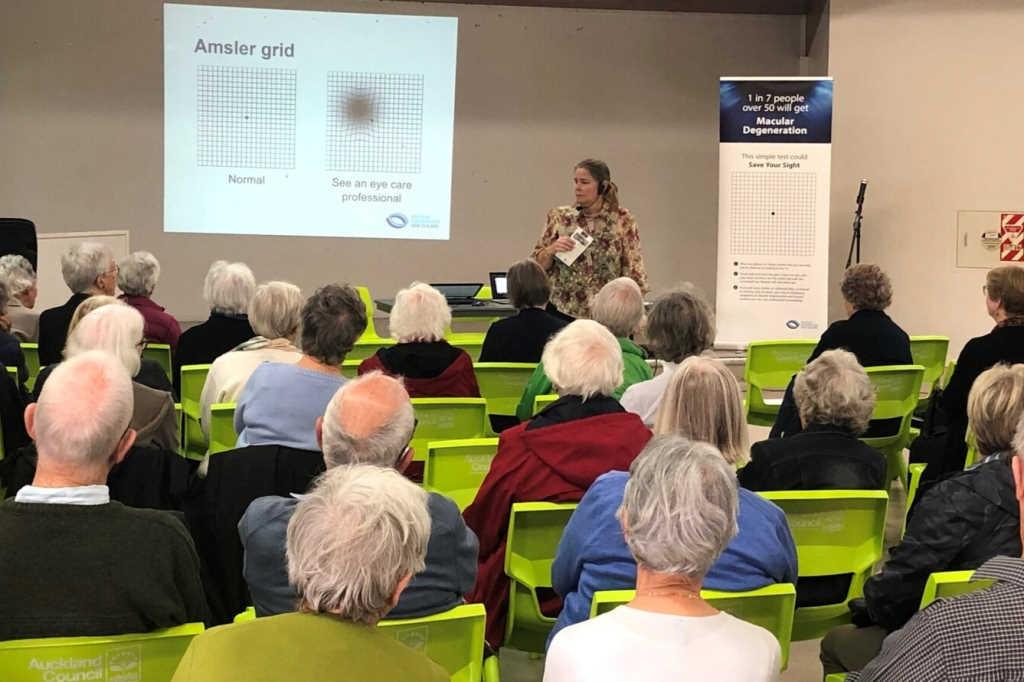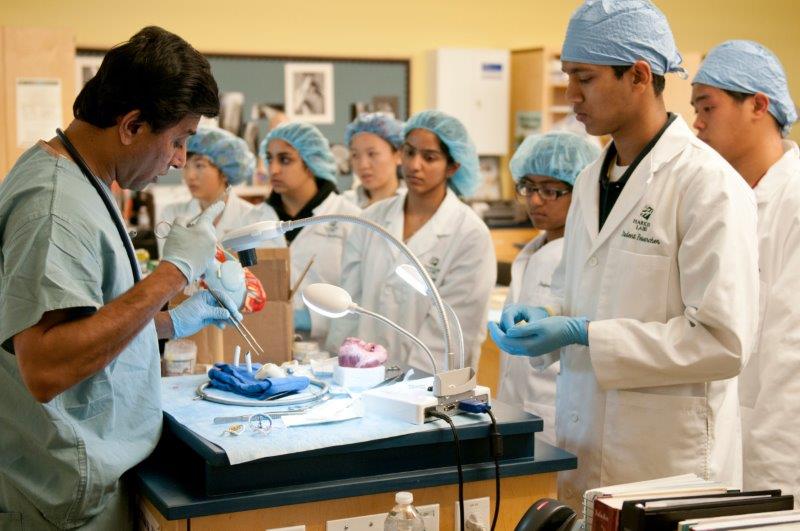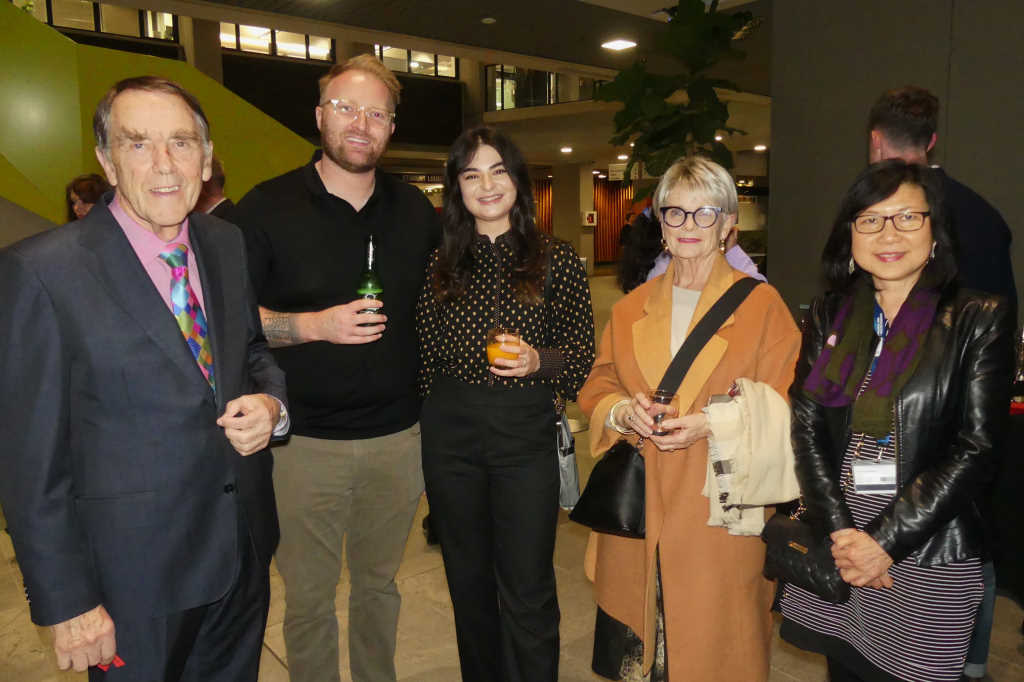MAR vision loss restored
In the first study of its kind, researchers from Surrey University and Moorfields Eye Hospital have successfully tested a new treatment for melanoma-associated retinopathy (MAR), a rare autoimmune syndrome affecting cancer patients which causes night blindness and progressive vision loss.
The team injected a long-acting steroid implant into a 73-year-old MAR patient to see if this could improve vision and reduce symptoms. The implant slowly released fluocinolone acetonide, a corticosteroid, into the eye which prevents anti-retinal antibodies attacking proteins in the eye.
After one week of treatment, improvements in the patient’s vision were detected, while detailed examination revealed abnormalities previously observed had partly resolved, consistent with improved inner retinal cell function. Over three-years, researchers found the patient’s vision remained stable with visual acuity at 20/20.
"To our knowledge, this is the first time the vision of a patient with melanoma-associated retinopathy has been treated and significantly improved with long-acting steroid implants,” said Professor Simon Taylor from the University of Surrey.
The team’s research was published in JAMA Ophthalmology.










